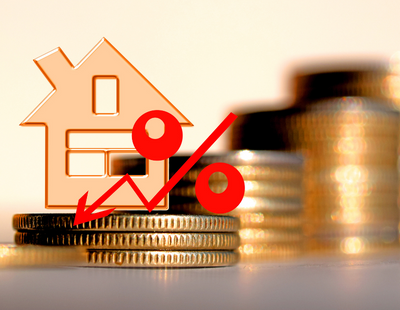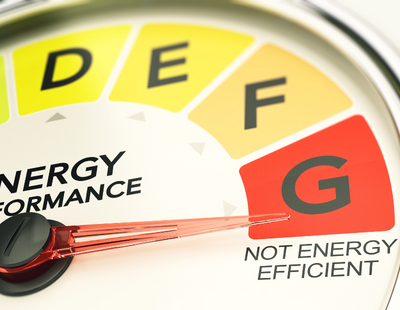High mortgage rates continued to weigh on the housing market in June, leaving house price growth relatively flat.
Nationwide’s latest House Price Index showed UK house prices rose 0.2% on a monthly basis during June to £266,064.
Average prices were up 1.5% annually, an improvement on the 1.3% registered in May, leaving prices around 3% below the all-time high recorded in the summer of 2022.
But Robert Gardner, Nationwide's chief economist, said rising wages are still not enough to offset the high mortgage rates, creating affordability issues.
He said: “While earnings growth has been much stronger than house price growth in recent years, this hasn’t been enough to offset the impact of higher mortgage rates, which are still well above the record lows prevailing in 2021 in the wake of the pandemic.
“For example, the interest rate on a five-year fixed rate mortgage for a borrower with a 25% deposit was 1.3% in late 2021, but in recent months this has been nearer to 4.7%.
“As a result, housing affordability is still stretched. Today, a borrower earning the average UK income buying a typical first-time buyer property with a 20% deposit would have a monthly mortgage payment equivalent to 37% of take-home pay - well above the long run average of 30%.”
On a regional basis, Northern Ireland remained the best performing area, with prices up 4.1% compared with the second quarter of 2023. Across England overall, prices were up 0.6% compared with Q2 2023, while Wales and Scotland both saw a 1.4% year-on-year rise.
Northern England (comprising North, North West, Yorkshire & The Humber, East Midlands and West Midlands), continued to outperform southern England, with prices up 2.4% year-on-year.
Meanwhile southern England (South West, Outer South East, Outer Metropolitan, London and East Anglia) saw a 0.3% year-on-year fall (the same as last quarter). London remained the best performing southern region with annual price growth maintained at 1.6%. East Anglia was the weakest performing region, with prices down 1.8% year-on-year.
Commenting on the report, Jeremy Leaf, north London estate agent and a former RICS residential chairman, said:: “Early Spring optimism all but disappeared when it became apparent that any reduction in mortgages rates would be delayed. This reliable indicator of housing market health also shows how the election announcement had little impact on prices or activity and underlines how cash purchases are playing a more important role.
“Now that inflation has started to fall, expectations are growing that the drop in base rate may not be delayed too long after all."
Nathan Emerson, chief executive of Propertymark, added: “It’s especially positive news to see further progression within the housing market year on year, with affordability and confidence returning, despite interest rates remaining high currently.
“Once the political climate fully settles down following the general election, the housing market will hopefully see yet more buoyancy. Propertymark remains keen to see plans from policymakers as to how any incoming government intends to kick start their proposed house building ambitions, as well as learn more regarding any programme of support for first time buyers.”













.jpeg)

.jpg)














Join the conversation
Be the first to comment (please use the comment box below)
Please login to comment